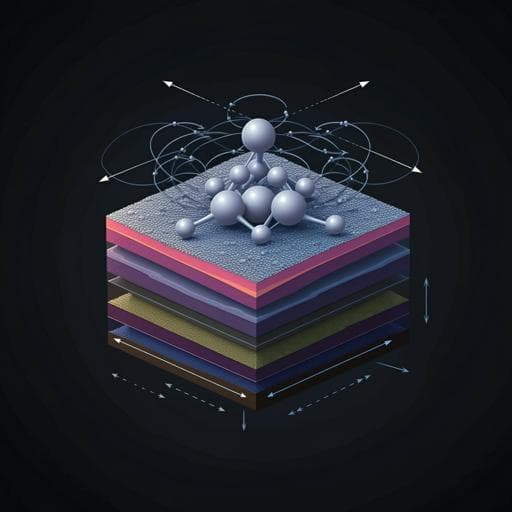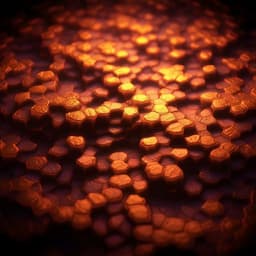
Engineering and Technology
Defect-gradient-induced Rashba effect in van der Waals PtSe₂ layers
J. Jo, J. H. Kim, et al.
This groundbreaking research by Junhyeon Jo, Jung Hwa Kim, Choong H. Kim, and their colleagues unveils the creation of a defect gradient and the Rashba effect in 1T-phase PtSe₂ thin films through plasma treatment. Scanning transmission electron microscopy reveals a unique defect structure, paving the way for advanced electronic applications.
Related Publications
Explore these studies to deepen your understanding of the subject.







